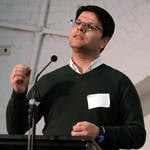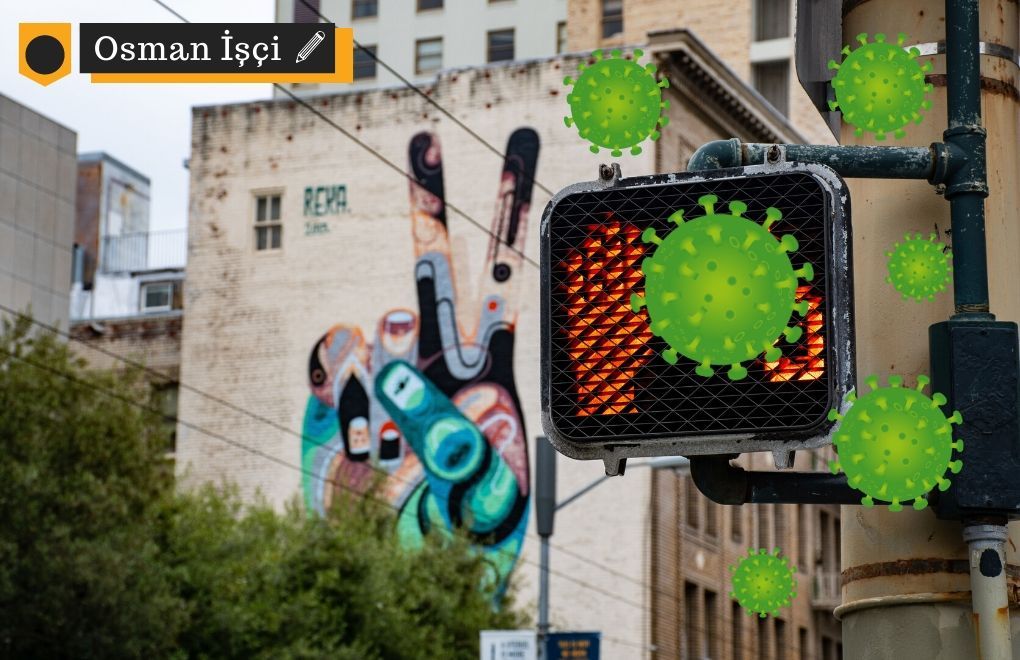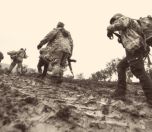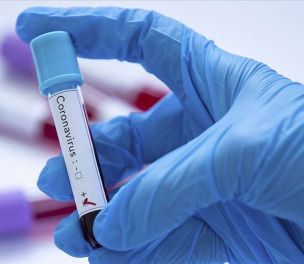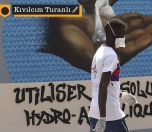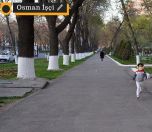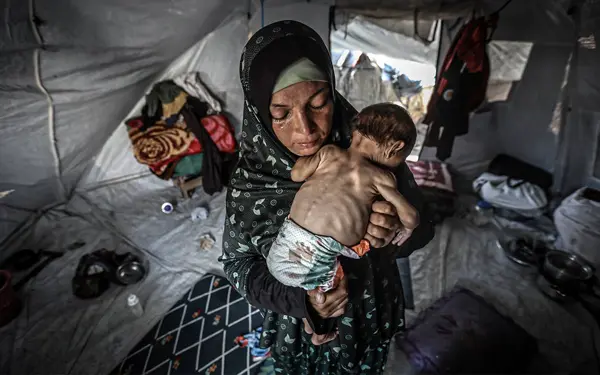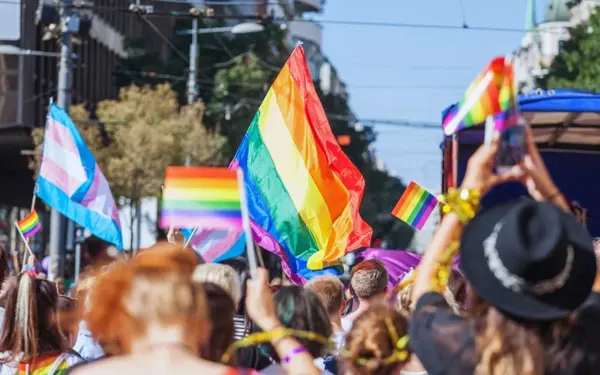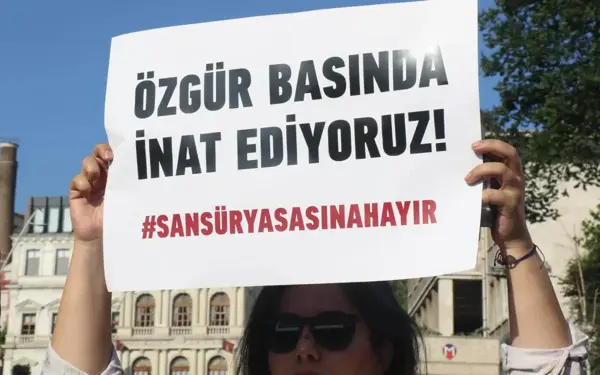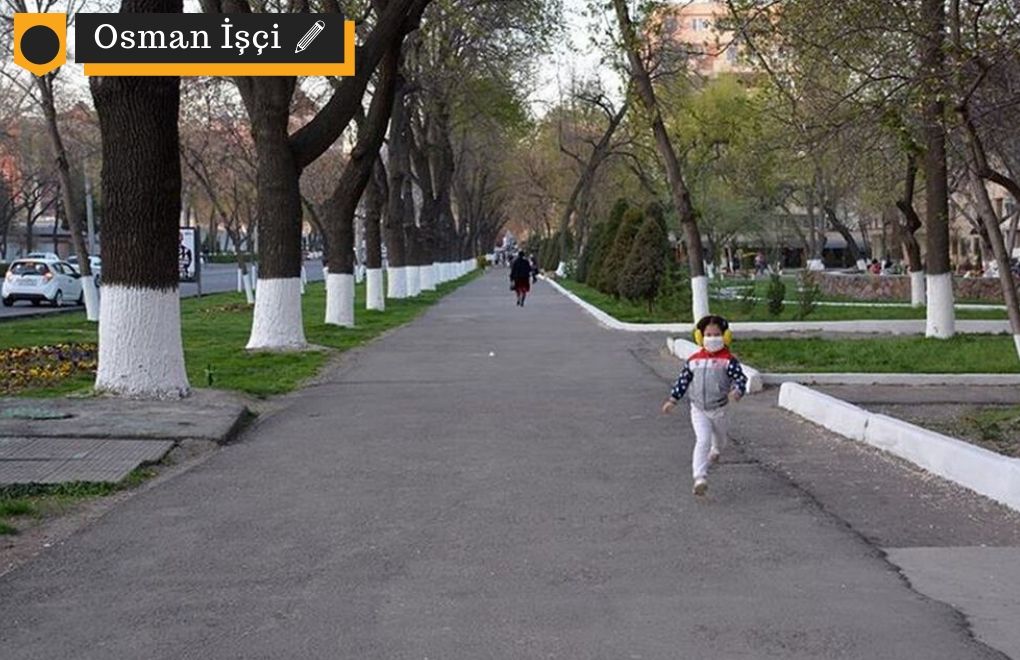* Photo: Canva
Click to read the article in Turkish
Multifaceted works and studies are carried out against the COVID-19 outbreak, which was declared a pandemic by the World Health Organization (WHO) on March 11 as it has spread to the whole world since it originated in Wuhan, the capital of China's Hubei province, in December 2019. In fact, the struggle against a virus outbreak that has taken hold of every sphere of life on a global scale must also be comprehensive and global.
Among these works are primarily the treatment of the patients tested positive for the disease and the precautions taken to prevent others from contracting it. While a country-wide curfew has been declared in some countries, there are also others like Turkey, where people aged 65 and over and chronically ill are restricted from going out in public.
At this point, it is also important to safeguard the right to health of especially the ones who are in prisons and, therefore, have limited means to take their own precautions. Releasing a joint statement on March 20, 2020, the Human Rights Association (İHD), Human Rights Foundation of Turkey (TİHV), Association of Lawyers for Freedom (ÖHD), Progressive Lawyers Association (ÇHD), Health and Social Service Laborers' Union (SES) and Civil Society in the Penal System (CİSST) Association have listed the precautions that could be taken in our country about this issue. [1] As everyone has a right to health, everyone has to be protected from the outbreak. The WHO's formulation of its aim as "...the highest attainable standard of health as a fundamental right of every human being" [2] also reveals the importance and scope of this right.
These works and efforts also concentrate on the protection of healthcare workers who offer services to the ones who have tested positive for the virus or go to medical institutions for other health problems. In this period, another production area of vital importance is the manufacture of medicine and medical products such as gloves, masks, ventilators, etc. that are necessary for offering examination and treatment services.
It is crucial to make all needed devices and equipments accessible and free for everyone who needs them so that the right to health can be better safeguarded. There are also efforts and demands for the protection of all laborers still providing services under these circumstances, especially in the sectors of transportation, mail and cargo.
An example for that is the 7 Emergency Measures [3] opened to signature on April 1 by the Confederation of Progressive Trade Unions of Turkey (DİSK), Confederation of Public Workers' Unions (KESK), Union of Chambers of Turkish Engineers and Architects (TMMOB) and Turkish Medical Association (TTB). Just as the laborers working during the outbreak must be protected, the fundamental rights of non-working citizens such as housing and nutrition must also be safeguarded.
Another field of study about COVID-19 is the medical research to develop a vaccine that can be used in treating the virus that causes the outbreak. Some governments, universities and pharmaceutical companies are making efforts within this context. The whole world, especially the ones who have tested positive and their loved ones, is waiting for the result of these efforts.
The fundamental fields of study and work against this global outbreak, especially the second and third categories, suggest a single need: The need to build a real peace. Aware of this fact, UN Secretary General Antonio Guterres called for a global ceasefire on March 23. [4] This call which emphasizes the destructiveness of war and armed conflicts and refers to the difficulty of health workers to work in these conditions is invaluable. However, this call points at a single aspect, focusing on the first stage of the matter of peace. The second and other aspect is about building a real peace. [5] In fact, peace is not only a mere absence of conflicts and war.
While war makes life impossible, or as difficult as possible in the best-case scenario, for disadvantaged groups such as children, women, individuals with disabilities and members of minority communities, an environment of real peace where differences are accepted and everyone uses their rights without any exceptions removes these hardships. It is a reality known by everyone: Arms and ammunition is necessary for the continuation of wars and armed conflicts, just as money is necessary for the provision of all these.
Therefore, war does not only take the lives of citizens, but it also uses up the money that could be spent for a better functioning healthcare system necessary for the citizens to lead a healthier life. In a world where peace has been established, not allocating budget to wars will lead to the formation of a state with a stronger social character as well as a better protection for citizens' economic, social and cultural rights.
In fact, when we consider that almost 2 trillion dollars were allocated to armament across the world in 2018, we can easily conclude that this amount will be more than enough to meet basic expenditures such as vaccine research, nutrition, housing, etc. It is also known that the use of prohibited chemicals in some conflict and war regions harms agricultural fields, which is one of the factors threatening food safety in the world. In these days when we have isolated ourselves in our homes, we are facing food safety as yet another field of serious problem. Bringing about peace in war and conflict regions is also important for food safety and agriculture, which is for the benefit of all humanity in the aftermath of this current period of outbreak.
In conclusion, it is quite natural that the call for a ceasefire in the face of a global outbreak is also a global one. What human rights activists and peace defenders must do is to constantly express the need for peace and to call on the relevant parties to establish a real peace. What they must do is to make efforts to ensure that the establishment of peace remains a burning issue on the public agenda. Only in this way can we bring the ones who are a party to the armed conflict and war one step closer to a real peace. As a last word, "War is a public health problem," which is the title of the Turkish Medical Association's (TTB) statement dated 2018, is highly suitable to conclude this article. If war is a public health problem, then peace is its solution. (Oİ/EMK/SD)
[1] https://www.ihd.org.tr/covid-19-salgini-ve-hapishanelerde-acilen-alinmasi-gereken-onlemler/
[2] https://www.who.int/news-room/fact-sheets/detail/human-rights-and-health
[3] https://kesk.org.tr/2020/03/31/disk-kesk-tmmob-ve-ttbnin-yedi-acil-onlem-metni-imzaya-acildi/
[4] For the Turkish translation of the call: https://www.ihd.org.tr/bm-genel-sekreterinin-ateskes-cagrisi/
[5] A useful study on right to peace in Turkish by Kıvılcım Turanlı: Barış Hakkı ve Hayata Geçirilmesi (The Right to Peace and its Realization)
[6] http://www.onikilevha.com.tr/yayin/272/baris-hakki-ve-hayata-gecirilmesi
-
About Osman İşçi
Osman İşçi is a human rights defender. He has been working at the Central Office of Human Rights Association (İHD) since 2006 and is a Central Executive Board Member of the EuroMed Rights. İşçi is also an Academic for Peace, who was put on trial for signing the declaration "We will not be party to this crime" in January 2016. He was discharged and barred from public service by the Statutory Decree no. 689 on April 30, 2017. Though he was awarded by the Human Rights Association of Austria in 2017, he could not go to the country to receive his prize as he had an international travel ban.




